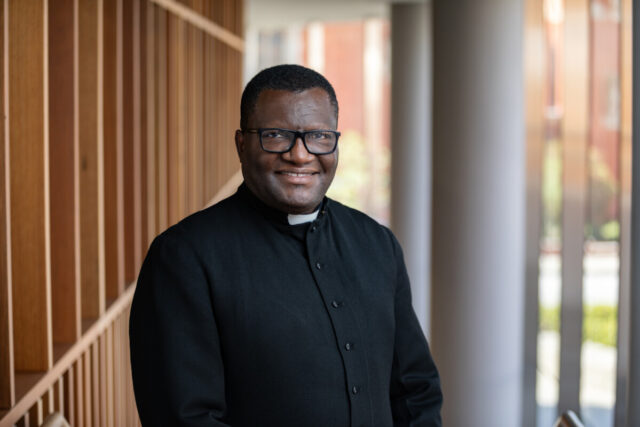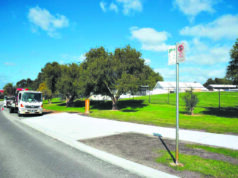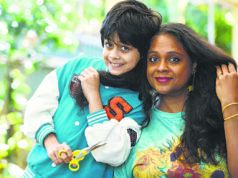By Rev’d Dr Noah Mbano
This May, faith communities across Australia are joining the call to end family and domestic violence (FDV).
This past Sunday, Anglican churches across the country marked Domestic Violence Awareness Sunday—a time to reflect, pray, and commit to being part of the solution.
The message was clear: domestic violence has no place in our homes, relationships, or churches.
In 2021, the Anglican Church of Australia undertook a national research project, revealing that domestic violence affects people within church communities at the same rate as in the broader population.
It is a sobering reminder that no space is immune, and underscores the fact that we all have a job to do in ensuring we build a future that is free from violence and where everyone can flourish and is treated with respect and equality.
Late last year I attended a workshop on Family and Domestic Violence at Wollaston Theological College.
I was horrified by statistics given by a presenter from Anglicare.
In 2022, 37 percent of homicides in WA were FDV-related. Also, 80 percent of women hospitalised due to FDV were harmed by an intimate partner.
FDV is a leading cause of homelessness for women and children; 51.5 percent of women and 37 percent of young people seeking homelessness services are doing so because of experiences of domestic violence.
Many Australians still believe harmful myths—for example, that violence can be a normal reaction to stress, or that it’s sometimes understandable. And only 64 percent of Australians recognised that men are more likely to be perpetrators of domestic violence.
And finally, two in five Australians do not know where to access help for a domestic violence issue.
As a man, I found these facts deeply unsettling.
More challenging still was the recognition that FDV includes not only physical abuse but emotional, psychological, spiritual, and religious coercion—often going unnoticed and unaddressed.
What I also found very difficult to process was the suggestion there are things we might do without knowing that we were engaging in FDV. In this religious and spiritual FDV immediately came to mind.
I wondered if I have ever been guilty of ever saying to a loved one: ‘You have to do as I say because you are a Christian.’
‘Obey me because you are a Christian wife.’
This was very sobering, as more figures were given, I began to feel a familiar sense of helplessness.
This Sunday’s gospel reading at St Aidan’s Anglican Church in Byford came from John and reminded us that Jesus redeemed Peter, not to shame him, but to call him forward into love, leadership, and responsibility.
In the same spirit, our communities must be places of redemption and action.
These statistics can provide a basis for us to move forward as a society, as these are issues we have to deal with together – men, women and all genders. There should be a collective acknowledgement that: There are no circumstances where a woman can make a man so angry that she deserves to be beaten; FDV is not a normal reaction to day-to-day stress and frustrations; FDV cannot be excused even if the violent perpetrator is genuinely remorseful and regrets what they done; and although the majority of perpetrators are men, they, like women, can also be victims of FDV.
The redemption of the Apostle Peter signals a major shift in God’s relationship with humanity.
No longer do we live in the ignorance that we can never be redeemed, but rather God’s agape love is a continuous, empowering force available to all, whether you are Christian or not.
In this sense, therefore, Peter’s redemption underscores the inclusiveness of God’s promise and the transformative power of His love.
Together, we can name abuse, offer support, and help build a future where all are treated with dignity, safety, and love.
If you or someone you know is affected by family and domestic violence, help is available. Please contact 1800 RESPECT (1800 737 732) for free, confidential support 24/7.














